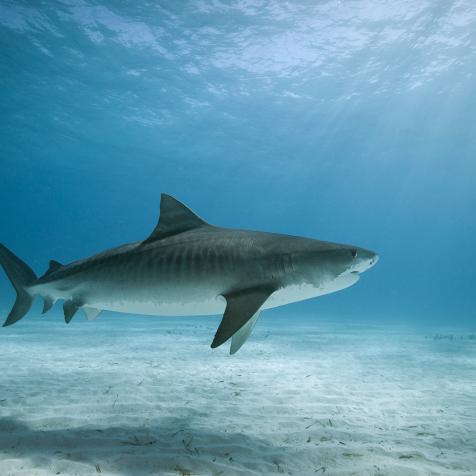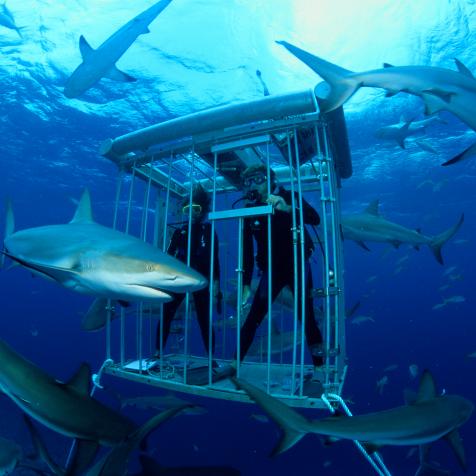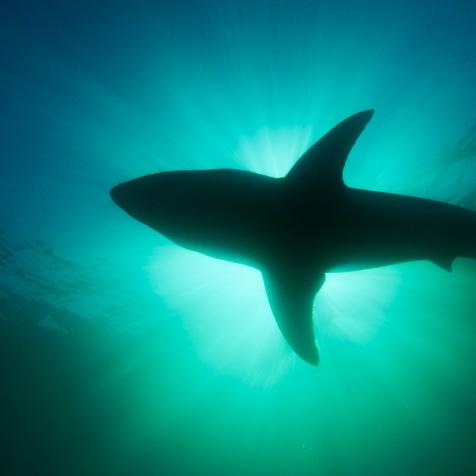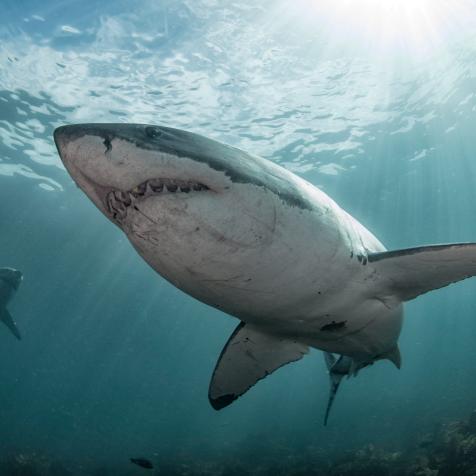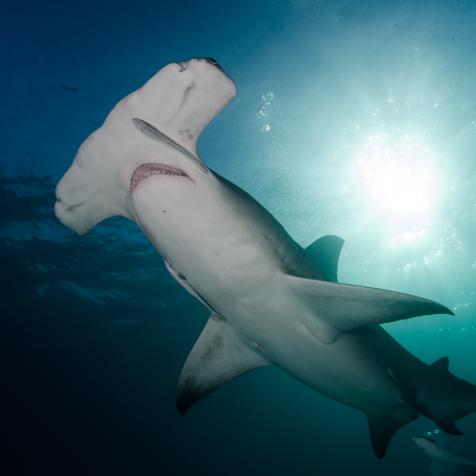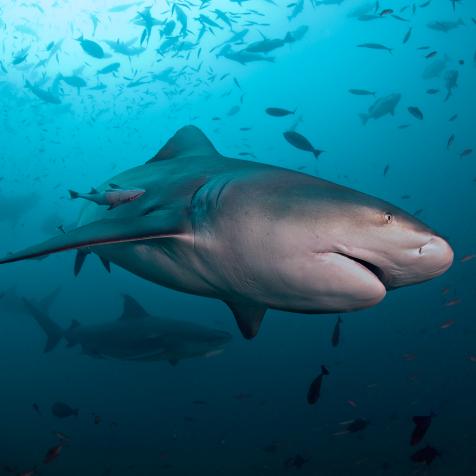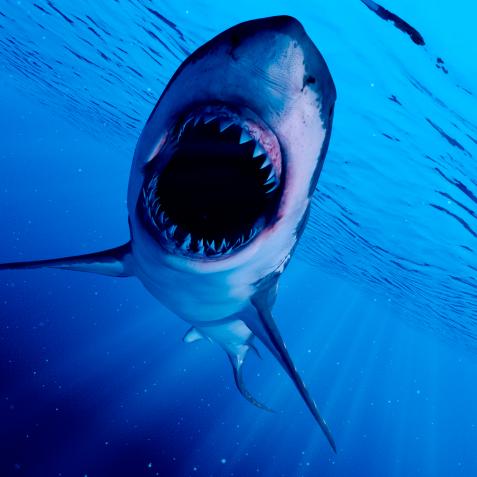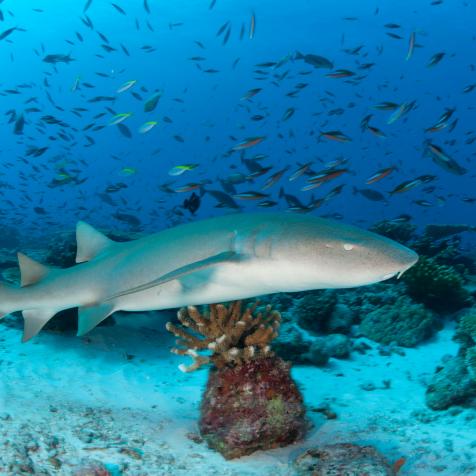
Over 80 Snakes Caught! Meet the Winners of the 2020 Python Bowl
Guardians of the Glades Star Mike “Python Cowboy” Kimmel is the 2020 Python Bowl Champion!
In 1992, almost 1,000 Burmese pythons escaped into the Florida Everglades. Today, their population has exploded to over 300,000. This invasive species is not only decimating the native wildlife populations in the Everglades, but they threaten the ecosystem of the entire Southeastern region of the United States.
More than 750 people from 20 states registered to participate in the 10-day competition. All who registered were required to pass a mandatory online training. The competitors were split into 3 categories: Pros, Rookies, and Active Service Members or Veterans.
Guardians of the Glades star Mike “Python Cowboy” Kimmel was crowned the 2020 Python Bowl champion after he removed eight invasive pythons from the wild! Former champion, Dusty “Wildman” Crum was unable to repeat, but he did earn a second-place prize in the heaviest python category.
2020 Python Bowl 12 Photos
Images from the 2020 Python Bowl
Here are the full competition results:
Most Pythons
- Pro grand prize winner Mike Kimmel won a TRACKER 570 Off Road ATV for removing eight pythons.
- Rookie grand prize winner Kristian Hernandez won a TRACKER 570 Off Road ATV for removing six pythons.
- Pro second prize winner Lindsey Floyd won $750 for removing six pythons.
- Rookie second prize winner Ethan O’Neil won $750 for removing four pythons.
- Active service member or veteran winner Barry Offenburger (U.S. Army) won $1,000 for removing three pythons.
Longest Python
- Pro grand prize winner Tom Rahill won $2,000 for a 12-foot, 7.3-inch python.
- Rookie grand prize winner Kristian Hernandez won $2,000 for an 11-foot, 6.5-inch python.
- Pro second prize winner Amy Siewe won $750 for a 10-foot, 7-inch python.
- Rookie second prize winner Dave Mucci won $750 for an 11-foot, .08-inch python.
- Active service member or veteran winner Dave Mucci (U.S. Air Force) won $1,000 for an 11-foot, .08-inch python.
Heaviest Python
- Pro grand prize winner Tom Rahill won $2,000 for a 62-pound python.
- Rookie grand prize winner Dave Mucci won $2,000 for a 49.4-pound python.
- Pro second prize winner Dustin Crum won $750 for a 35.9-pound python.
- Rookie second prize winner Kristian Hernandez won $750 for a 48.1-pound python.
- Active service member or veteran winner Dave Mucci
(U.S. Air Force) won $1,000 for a 49.4-pound python.
Data provided by the Florida Fish and WildlifeConservation Commission
Watch Mike “Python Cowboy” Kimmel’s road to glory at Discovery.com/PythonBowl









